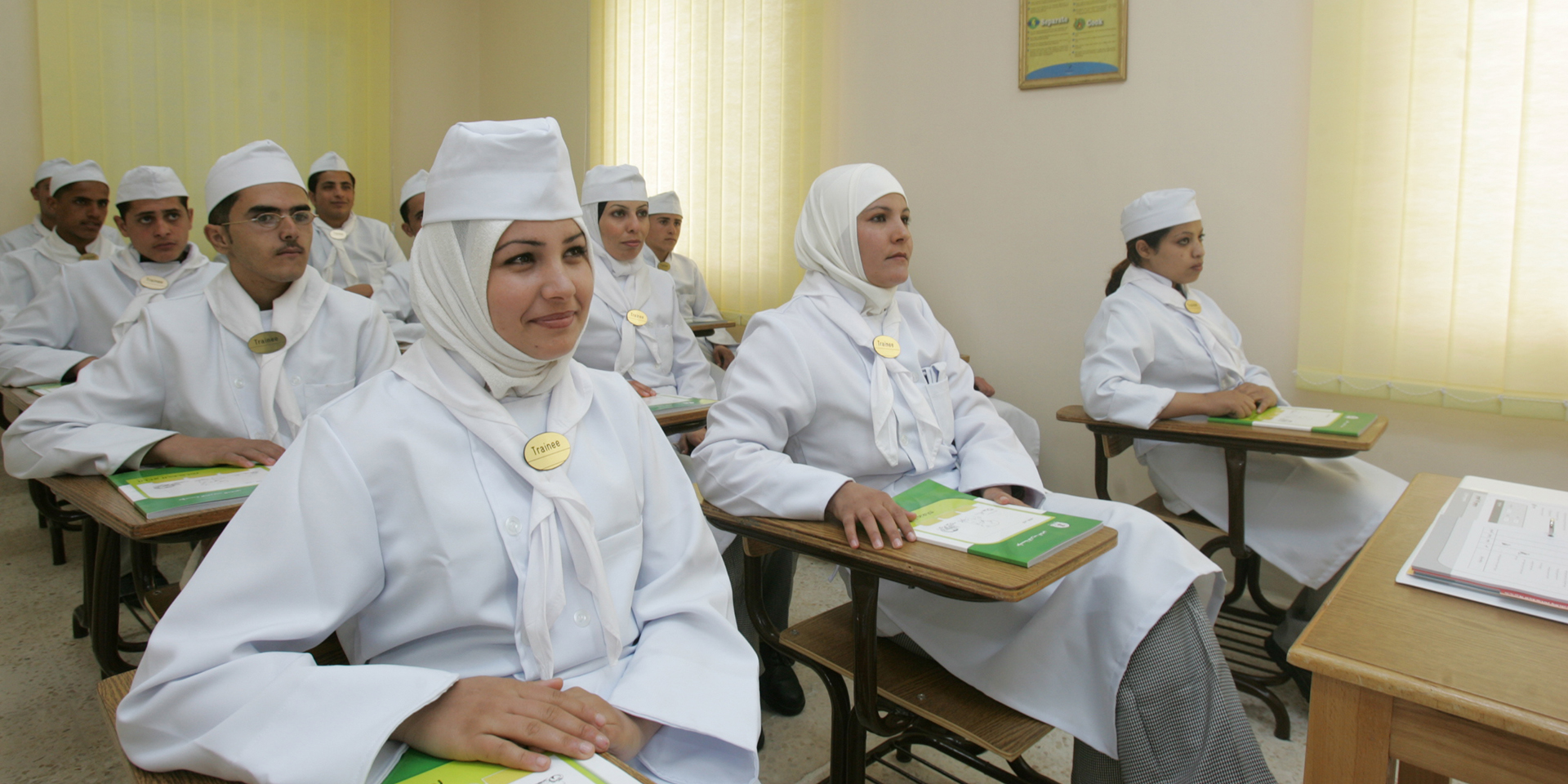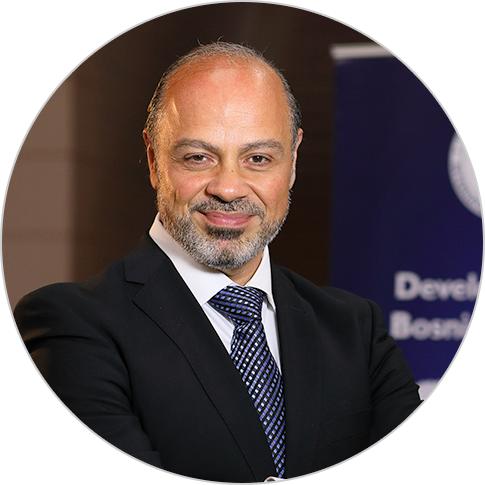
3 Questions with Ibrahim Osta on Strengthening Tourism in Jordan
September 1, 2015 | 3 Minute ReadThe BEST program focuses on building a skilled workforce to improve Jordan's tourism sector.
Ibrahim Osta is the chief of party for the Building Economic Sustainability Through Tourism (BEST) program in Jordan, which focuses on improving the country’s tourism sector and ensuring that Jordan has the skilled workforce needed to keep the sector competitive.
The BEST program works at the intersection of tourism and economic development. Could you elaborate on how those two issues are connected?
Travel and tourism is the world’s largest industry. With more than one billion people crossing international borders, the industry is credited for 1 in 11 jobs worldwide. Similarly, tourism is Jordan’s largest private-sector employer and biggest generator of foreign exchange. One of the beauties of tourism is that it diffuses economic benefits throughout the country and, as a result, is an important catalyst for small and medium enterprise (SME) development and foreign direct investment. Therefore, you see tourism as an important tool for regional development, business growth, and job creation.
Workforce development is also a big focus of the program. What’s the biggest challenge that you’ve run into in training Jordanians in the skills needed to create a competitive tourism industry?
There are a couple of things. First, there’s a general tendency in Jordan for young folks to seek college degrees instead of vocational training. Trades or blue-collar jobs don’t carry the same social prestige. It’s gotten to the point in some professions that there’s a high rate of unemployment, like engineers. There are so many engineers, more than you need. But vocational training has not been attractive, and blue collar jobs in general haven’t been attractive for social reasons. So we’ve had to counter this through awareness campaigns targeting students as well as teachers and parents.
Connected with impression of the industry is a prevalent conservative culture. You have people who are not interested in working in establishments that serve alcohol, for example, for religious reasons. We had to show them that not all tourism jobs necessarily mean that you have to handle alcohol, so you might be in the kitchen, you might be in housekeeping, or at the front desk, reservations — and that’s not already in people’s heads when they think of tourism. So we’ve had to explain that to them, and show them that there are many careers in tourism that do not require them to handle alcohol or to compromise their religious beliefs.
The second area was lack of proper curriculum and physical facilities to meet the demands of the private sector. For this, we mobilized more than 30 leading hotels and restaurants in Jordan in creating an advisory committee to develop a training curriculum that meets the needs of industry, and secured partnership funds from the government and the private sector to upgrade vocational training centers. Paid on-the-job training and a job placement system were developed, leading to full time employment of 72 percent of around 12,000 youth trained in such establishments as Four Seasons, Marriott, and Sheraton hotels.
Are there any program activities focused on improving gender equity in the tourism sector that you think have been particularly effective?
This is an important area that we’re starting to work in. First of all, in terms of gender equity, I would say that most of our grantees are women. We made a determined effort to go after women cooperatives working in the local community in handicrafts, or otherwise, so the vast majority of the grantees are women. And again, we have a focus on trying to get women involved in tourism, either through high school programs or even the larger national programs. Jordan’s vocational training centers had virtually no women when we started, and now about 30 percent of enrollees are women, so that’s a major accomplishment.
We also looked into the UN Women Gender Seal program. The idea here is that you promote awareness within an industry about practices and a work environment that is conducive to equity and equality and upward mobility as well, in addition to respect within the workplace. And this is a certified program. We trained a core of trainers and then they in turn started training companies. Then we would do company by company counseling: how to write explicit policies in their own employee procedures and manuals, about equality and equity, how to ensure that there’s a respectful environment for women. It’s really a managerial decision that the company has to take to explicitly declare that it’s a gender-equal workplace, and at the same time, create an environment for a thriving workforce. So we’re working on a number of fronts in this area.
“3 Questions” is a blog series offering quick takes from development experts on issues that matter. Know someone we should interview? Leave your suggestion in the comments!





























